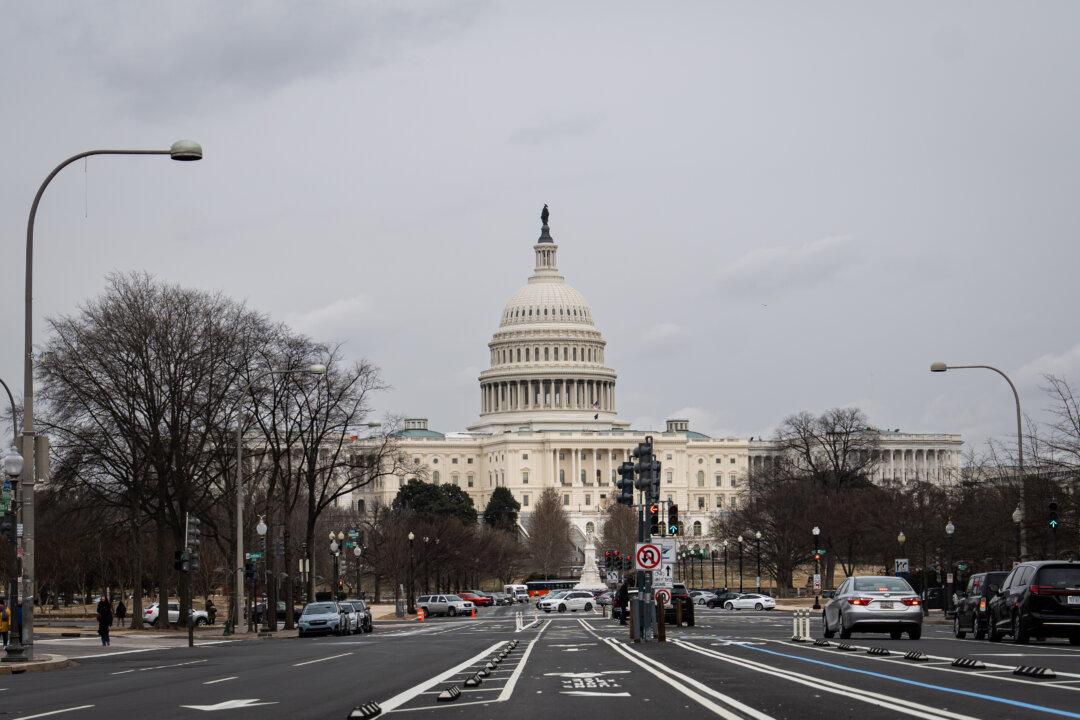President Donald Trump’s recent executive order titled “The Preserving and Protecting of the Integrity of American Elections” and the Safeguard American Voter Eligibility Act (SAVE) were the topics at an April 8 hearing of the House Subcommittee on Elections.
The SAVE Act passed the House 220–208 two days after the hearing. It requires people to register to vote or update their registration information to present proof of citizenship.





